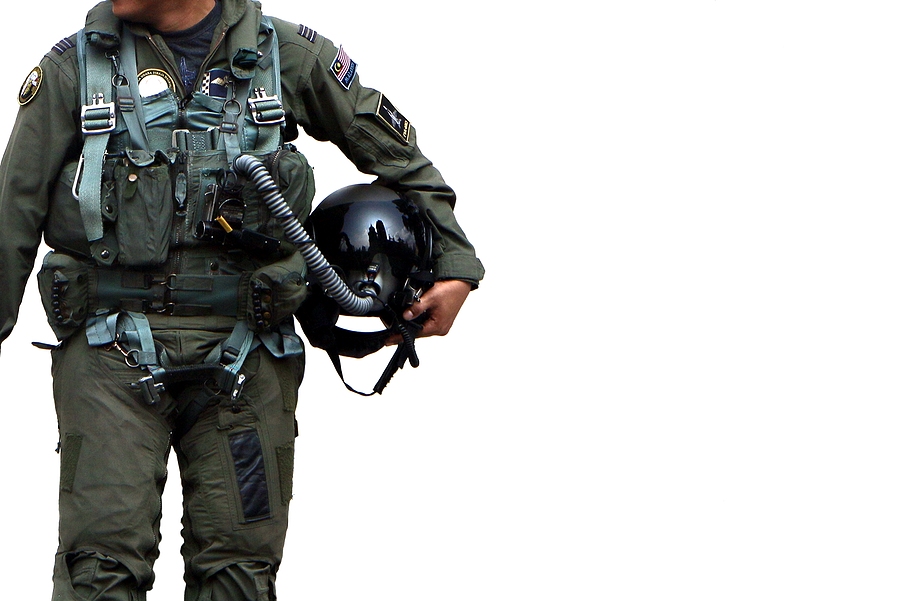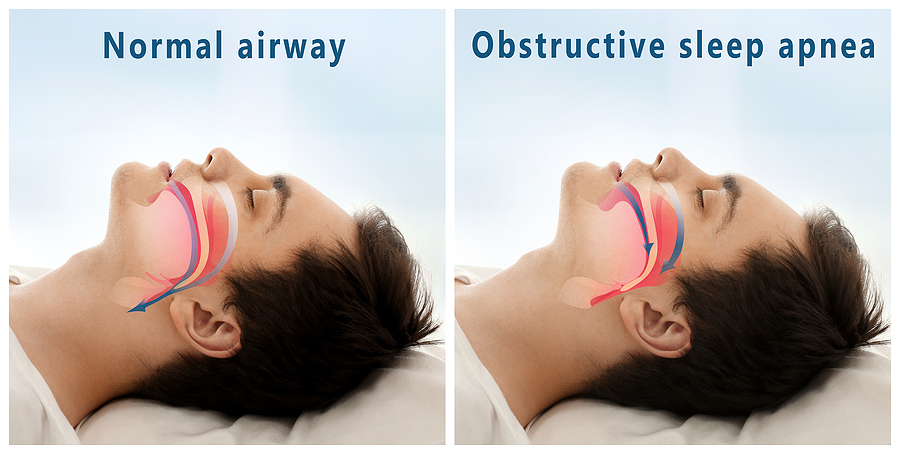Disqualifying Conditions Heart Valve Replacement – The Code of Federal Regulations 14 CFR 67 lists out the specifically disqualifying conditions for FAA medical certification. One of those conditions is having a valve in your heart replaced and that is the one we will be discussing today.
Incapacitation
When it comes to medical issues and flying, the FAA is primarily concerned with incapacitation in flight. This can be sudden, like a heart attack or stroke, or it can be insidious, like fatigue or medications that cause drowsiness.
When it comes to the heart, the concern is almost always for a sudden incapacitation.
I have a saying that I like to call the “Rule of 3s for Survival.” It is only an approximation as individuals will vary, but in general, a person can last 3 minutes without oxygen, 3 hours in a harsh environment without shelter, 3 days without water, and 3 weeks without food.
Exceed any one of those parameters and your odds of death increase dramatically.
The heart’s job is to move the oxygen. You can probably see why it is so important. Any issue with the heart is a concern for sudden incapacitation in flight. So much so that it is a federally mandated disqualifying condition.
However, the FAA does have a process to regain medical certification after a heart valve replacement.
The Heart
Blood comes into the heart on the right side and gets pumped into the lungs. Inside the lungs is where the waste carbon dioxide is exchanged for the essential oxygen.
Oxygenated blood goes right back into the heart where it can then get pushed out to the body to provide that oxygen to the brain, muscles, and other organs.
In essence, the heart is a pump. This particular pump has four valves. Just like any pump, the valves are there to help regulate the flow of fluid through the pump to the designed places.
Valve failures in a pump can range from pretty minor to catastrophic. Minor valve issues don’t tend to stay that way. The constant pressure and fluid running through the pump tend to make the value issue get worse over time.
You can monitor it for a bit, but eventually, something will need to be done. The need for one of those valves in a heart to be replaced is going to be a fairly significant medical issue, the procedure itself has risks and then there are post-procedure complications that can occur as well.
There are a few different procedure options and there are also options for mechanical versus biological valve replacement. These choices and decisions are best discussed between the individual and their treating physician as individual circumstances can vary greatly.
I once heard a joke where a mechanic told his client, a cardiac surgeon, that their jobs seemed pretty similar and he wanted to know why the surgeon made so much more money.
The cardiac surgeon pondered for a minute and then asked the mechanic “Can you replace the piston rings or valves while the engine is running?” That is effectively what is happening with a heart valve replacement.
Recovery and Certification
Given the significance of a heart valve replacement, it is no surprise that there are conditions to meet to obtain an FAA medical certificate after a procedure like this. And like we have described in many of our other articles, it has everything to do with how well you are doing.
All classes of FAA medical are available to someone after a heart valve replacement. You can even get a medical with multiple heart valves replaced! Several procedure types such as open surgery, Ross, and Transcatheter Aortic Valve Replacement can be considered for all classes as well.
The less commonly used procedures will need an adequate reason for why it was chosen.
The documentation requirements are pretty significant. There is a minimum six-month wait after a heart valve replacement procedure to apply for an FAA medical certificate.
A final note from your cardiologist will need to summarize the significant portions of your medical history preceding the surgery, the procedure itself, and your recovery course.
Copies of all hospital records from the procedure are also required. Finally, there are specific studies and monitoring such as echocardiograms, 24-hour Holter monitors, and treadmill stress tests that need to be performed and passed.
Ongoing Requirements
If you can show the FAA that you have successfully made it through the procedure and are doing well, then you’ll be able to regain medical certification. There will be ongoing annual requirements, but as long as your heart stays healthy, you’ll be able to keep flying.
If you thought you couldn’t go back to flying after something like this, think again. Get back out there and get back to flying! If you would like a little help making sure you have all of the details prepared correctly, well, we can help with that. @ Disqualifying Conditions Heart Valve Replacement
Follow us on Facebook.com/wingmanmed





